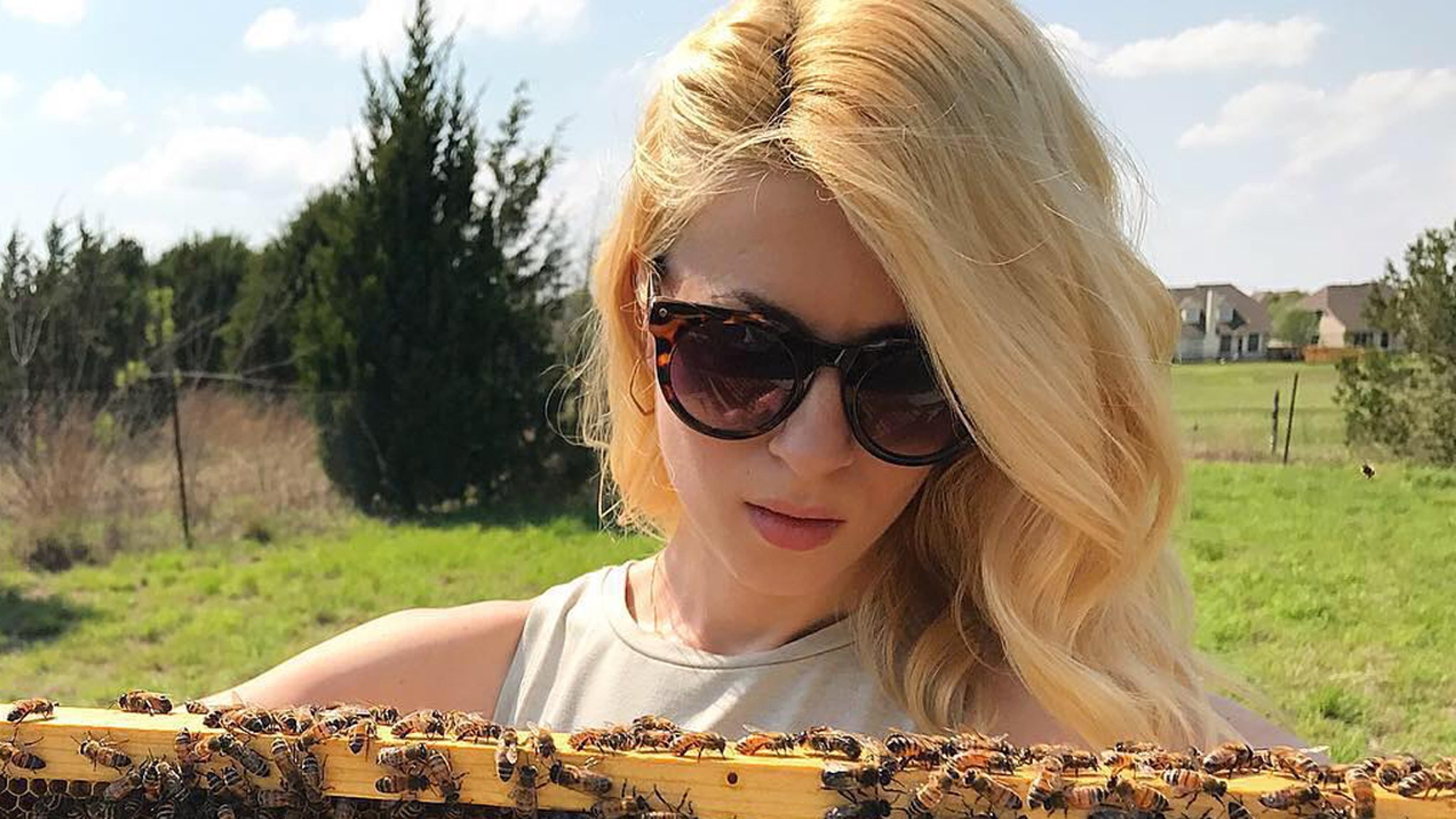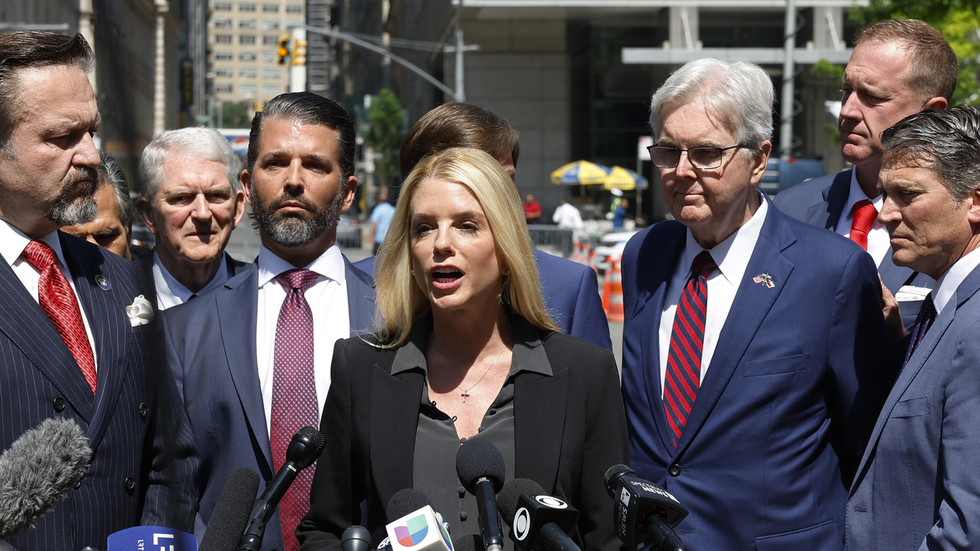“Spring Came on Laughing,” the only Egyptian film in competition at the Cairo Film Festival, is the debut feature of Noha Adel. It is rich in music and messy, full of noisy life, taking the form of a series of conversations between women where a drama rapidly escalates into a jumble of tragedy and dark humor.
The film’s wisdom might come from the fact that Adel came to directing later in life. She was in her late forties when she began her first shorts. “I worked in an office nine to five,” she tells Variety. “I did a three-month workshop about the principles of directing, and they asked me for a graduation project. It was just a fun workshop, because I love cinema as a viewer. For this graduation project, I did it with my family and friends in one day. Surprisingly, it was shown at some international film festivals. That’s why I thought: why don’t I make another short, after which I thought about a long narrative [project].”

Adel teamed up with producer Kawthar Younis, herself a director, whose short “Sahbety” played in Venice in 2022, and set about casting from among friends and family. “I wrote just one draft of the script. I never write and rewrite. I know this story like the back of my hand. I’ve been there,” Adel says.
One of these roles was undertaken by Younis, that of a bridesmaid who proves a flashpoint at the wedding preparations. “She always told me that I have this quality, and I know this about myself: I can be very provocative,” Younis says.
Younis helped raise the money and shielded Adel from distractions. The film took three years to make, partly due to extended rehearsal periods – several months for each vignette – in which the non-actors became comfortable with each other and absorbed the story. But mainly because Adel needed certain flowers – which play an important role in the tale as it moves between the months – to be in bloom.
Younis explains: “There’s a specific plant, bougainvillea, that only appears in Egypt during April, which we need for one scene. We had a rose that bloomed only in June, the red rose. They start to blossom in Egypt during May. And there is the lily, the pink lily, for the bride’s bouquet during the beginning of spring, by the end of March. We didn’t schedule according to the actors, but for flowers.”

Once the flowers were in bloom and the rehearsals complete, the actual filming was quick. Adel told her actors: “You are your characters. I’ll follow you with the DOP. No instructions: one take, maximum two takes, because I want what we are. We’ve rehearsed enough. If it is not that impressive, I’ll take it because I’m documenting the moment, as if there’s no narrative.”
The damage we see women perpetrate on each other and themselves throughout the film is at once mortifying and funny. Divided into sections, labeled with months, each one shows an unraveling as secrets are revealed before a wedding; friendships destroyed over lunch; a manicurist is unfairly accused of stealing.
Many of the scenes are drawn from real life. “I was once a client in a salon, and I saw [a manicurist accused of stealing],” Adel says. “And of course, I put some weave, some drama to make it a cinematic tale. Maybe I was a bridesmaid, or maybe I was the bride.”
Men are a structuring absence, as they are spoken of as faithless husbands, potential fiancés, feckless sons. For Adel’s follow up, however, men will take center stage: “My next film is a winter’s tale. We’re going inside and at night, whereas this was during the day. And while this was about women’s secrets, this will be about men’s fears. What are they afraid of?”
On this evidence of Adel’s piercing talent, perhaps men ought to be afraid as she turns her gaze upon them.

 By Variety | Created at 2024-11-21 14:20:58 | Updated at 2024-11-28 00:49:39
6 days ago
By Variety | Created at 2024-11-21 14:20:58 | Updated at 2024-11-28 00:49:39
6 days ago








